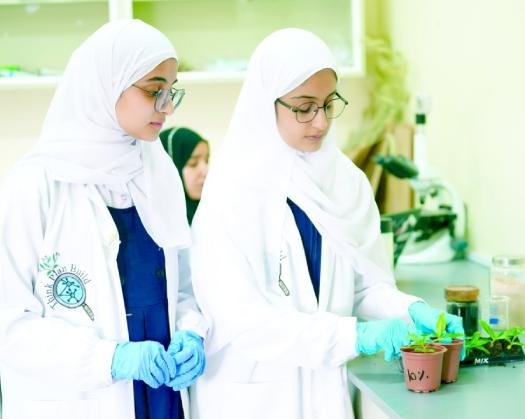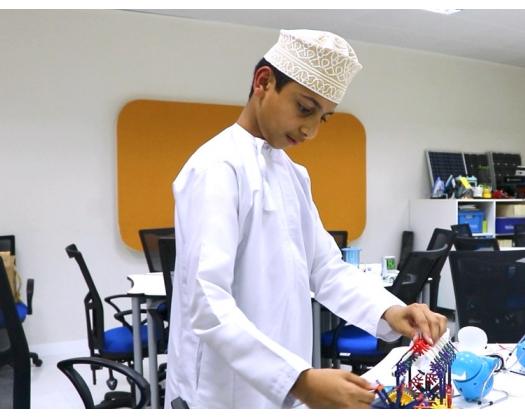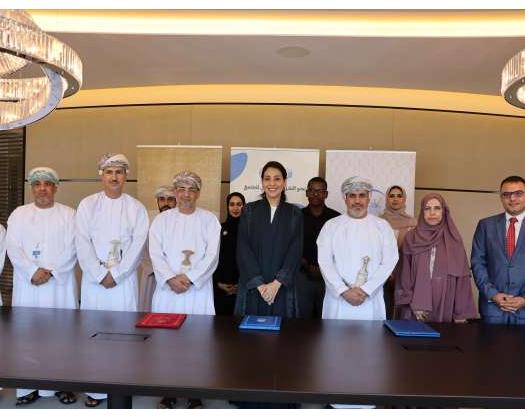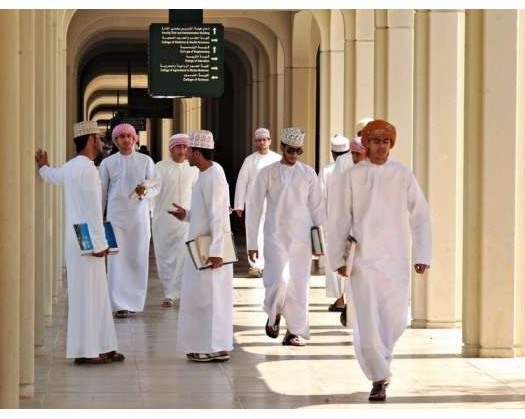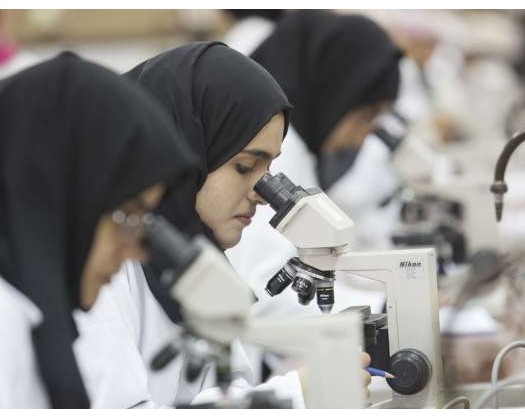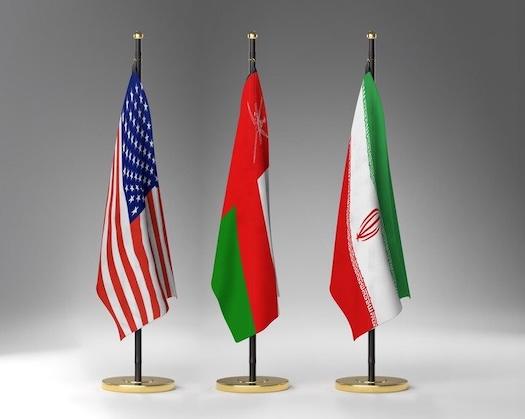Ruaa bint Rashid al Hinai and Fajr bint Abdullah al Hinai, students at Aisha bint Talha School in Bahla, Al Dakhliyah, have successfully developed biochar from expired milk. This biochar can be utilized as a fertilizer, offering a sustainable solution to reduce food waste.
Their innovative product is a result of months of research, involving the collection and processing of expired milk to create a nutrient-rich soil application. Fajr highlighted the agricultural benefits of their biochar, emphasizing its ability to promote crop growth, enhance crop quality, and reduce the reliance on chemical fertilizers.
The organic components in the biochar improve soil structure, stimulate root growth, and aid in the absorption of essential nutrients by plants. By minimizing the use of chemical fertilizers, their product also contributes to environmental conservation and reduces potential health risks associated with these fertilizers.
Our innovation has proven its effectiveness by positively influencing plant growth, such as boosting chlorophyll levels, leaf count, and crop yield. Additionally, the biochar derived from expired milk contains organic components that enhance soil structure, promote root growth, and improve nutrient absorption in plants. This sustainable solution also helps decrease the reliance on chemical fertilizers, which can have detrimental effects on the environment and public health.
She mentioned that the biochar product has been shown to be successful in enhancing plant growth and boosting the chlorophyll content. It also leads to an increase in leaf count and crop yield.
Biochar derived from expired milk consists of organic substances that aid in enhancing soil quality, promoting root development, and facilitating the uptake of vital nutrients by plants. Furthermore, it helps in decreasing the reliance on chemical fertilizers, which can have detrimental effects on the environment and human health.

